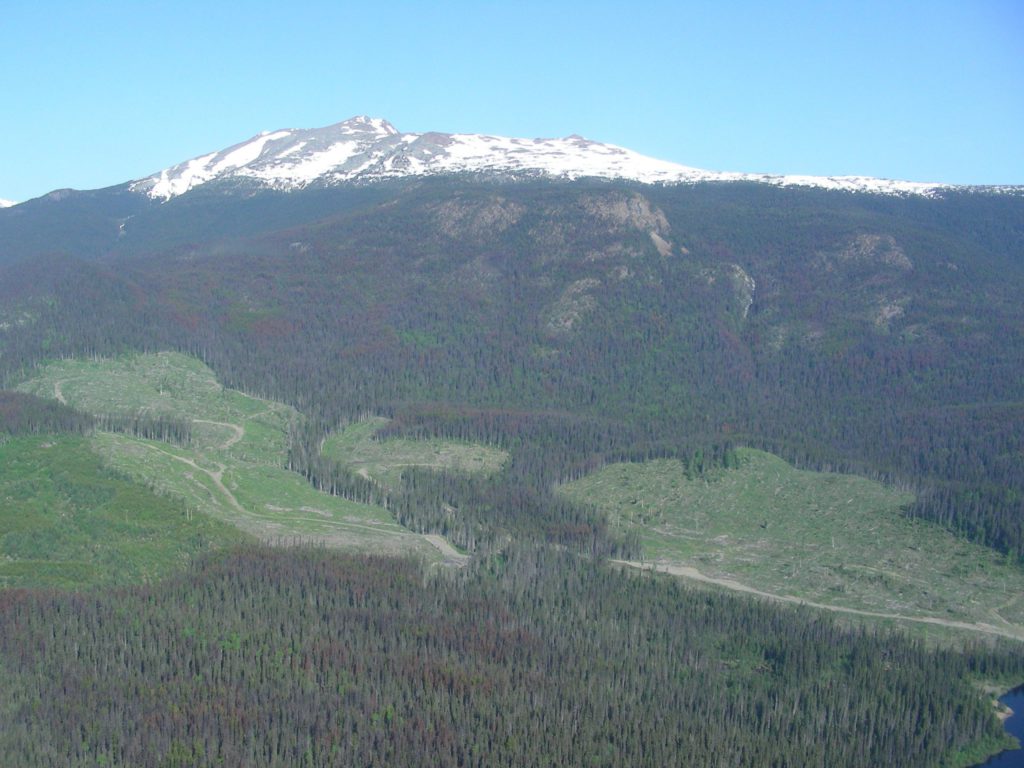FPX Nickel signs battery supply chain MOU with Japanese groups

In another boost to the development of its Baptiste nickel project in British Columbia, FPX Nickel (TSXV: FPX) has secured a strategic partnership with a couple of high-profile Japanese groups that share the same desire to establish a green battery supply chain.
On Friday, the miner announced it has signed a non-binding memorandum of understanding (MOU) with Japan Organization for Metals and Energy Security (JOGMEC) and Prime Planet Energy & Solutions (PPES), both of which are leading the global transition to a low-carbon, electrified economy.
JOGMEC is a Japanese government independent administrative agency that secures energy and mineral resources for the country. PPES, established in April 2020, is a joint venture between Toyota and Panasonic for the production of automotive prismatic batteries.
The MOU lays the groundwork for FPX and PPES to collaborate on vertically integrated nickel production through the Baptiste project, including production of nickel sulphate and cathode active materials for the PPES supply chain.
FPX, PPES and JOGMEC will also share technical information and expertise and explore potential strategic arrangements and business structures, according to the statement released Friday.
FPX anticipates that any potential agreements among the parties would provide additional funding to advance the Baptiste project, including the preparation of a feasibility study and activities relating to the environmental assessment and permitting processes.
“This MOU demonstrates the strategic nature of the Baptiste project and its potential to produce an ideal nickel feedstock for the battery supply chain,” FPX’s president and CEO Martin Turenne stated in a press release.
“We look forward to collaboration with our Japanese partners to support the development of North America’s critical minerals ecosystem, and to develop Baptiste in a manner that creates substantial and sustainable benefits for local communities while protecting the environment for future generations.”
FPX’s Baptiste project resides in the Decar nickel district, which represents a large-scale greenfield discovery of nickel mineralization in the form of awaruite, a naturally occurring nickel-iron alloy (Ni3Fe). Due to its high nickel tenor, awaruite offers advantages over sulphide and laterite ores for producing nickel sulphate, with potentially lower costs and carbon emissions.
Awaruite mineralization has been identified in several target areas within BC’s Mount Sidney Williams ophiolite complex, with Baptiste being the most prospective for bulk-tonnage open-pit mining across the company’s 245 sq. km. landholding in the district.
Since 2010, approximately $30 million has been spent on the exploration and development of the Decar district. Drilling to date has returned a resource estimate of nearly 2 billion tonnes of indicated material, grading 0.12% nickel for 2.4 million tonnes of contained metal, for the Baptiste deposit.
According to a preliminary feasibility study released earlier this month, the Baptiste project has an after-tax net present value (NPV) of $2 billion at an 8% discount rate and an internal rate of return (IRR) of 18.6%.
“By combining FPX’s low-carbon nickel mining process and PPES’ battery knowhow and technology, we are sure to realize further decarbonization and cost reductions in this field,” PPES president and CEO Hiroaki Koda said.
The news follows FPX’s Global Generative Exploration Alliance with JOGMEC announced in April 2023. The purpose of the alliance is to carry out worldwide mineral exploration activities leading to the identification and acquisition of projects that host awaruite nickel mineralization similar to the Baptiste project.
Shares of FPX Nickel soared 16.3% by 1:20 p.m. EDT following the MOU announcement. The company has a market capitalization of C$136.9 million ($101.6m).
{{ commodity.name }}
{{ post.title }}
{{ post.date }}




Comments